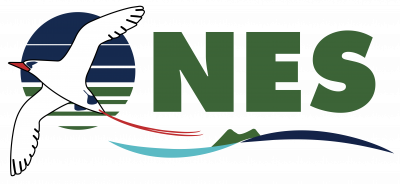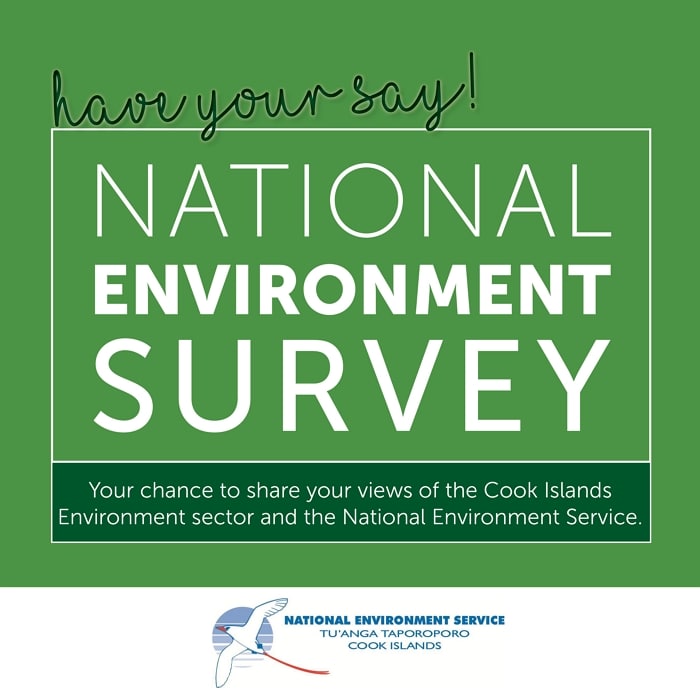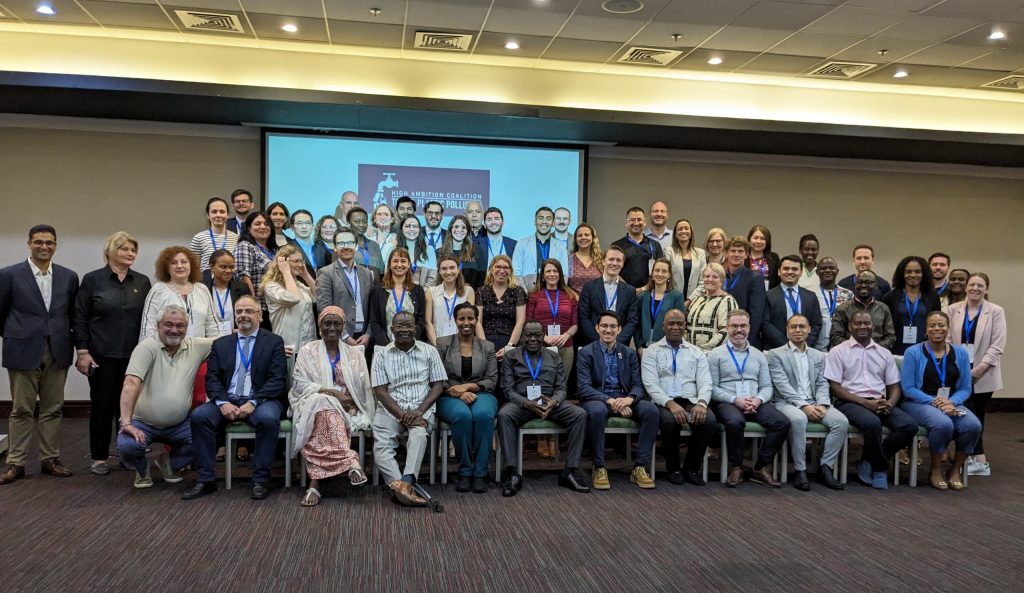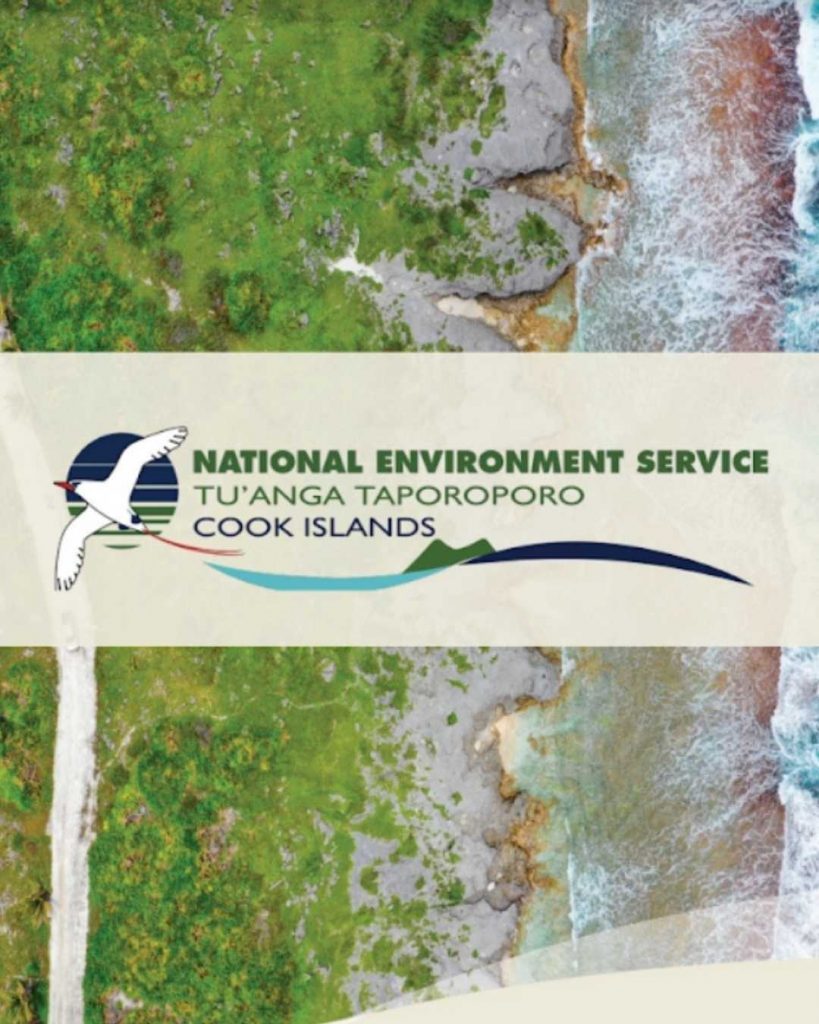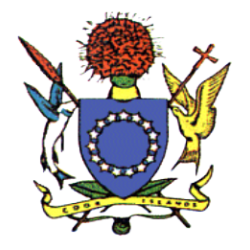A total of 440 participants completed the survey – 87% from Rarotonga, 10% Pa Enua and 3% other. About 59% were women and 41% male. About 77% of the participants were Cook Islanders, 47% were from the private sector and 49% holds a tertiary or university qualification.
The survey also obtained data on how NES’s performance is perceived as a Government agency. There was only 48% that know some or a lot of NES’s work and 67% think that public awareness is satisfactory or better. There is significant room for NES to improve its communications and public awareness programmes. Participants are mostly familiar with NES’s work relating to waste management and biodiversity. The top priority areas highlighted by the participants as to where NES should focus its efforts in the next 5 years include: Littering and Plastic Waste, Solid & Hazardous Waste, Protection of Biodiversity, Marine Pollution and Climate Change.
These were the main findings from Part C regarding the broader environment sector:
- 69% of participants want to improve the existing Rarotonga waste management facility was the highest need for waste management
- 95% called to implement waste depots for the Pa Enua to sort and collect solid and hazardous waste
- 78% want to reverse damage to the lagoon by strengthening compliance for sanitation systems and waste water treatment
- 75% want to focus on protecting the habitats that species are found in
- 67% called to improve awareness and public involvement on protected areas
- 85% ticked Tourism as the most important sector to address water wastage
- 71% want to improve enforcement of the compliance to Public Health waste water systems
- 74% noted Education and awareness as the key tool to strengthen air management and good practices
Elizabeth Munro, Environmental Manager of Stewardship advised “NES 2.0 has given NES an invaluable set of data to start its work on environment legislation and policy in the new financial year 2022/23”.
